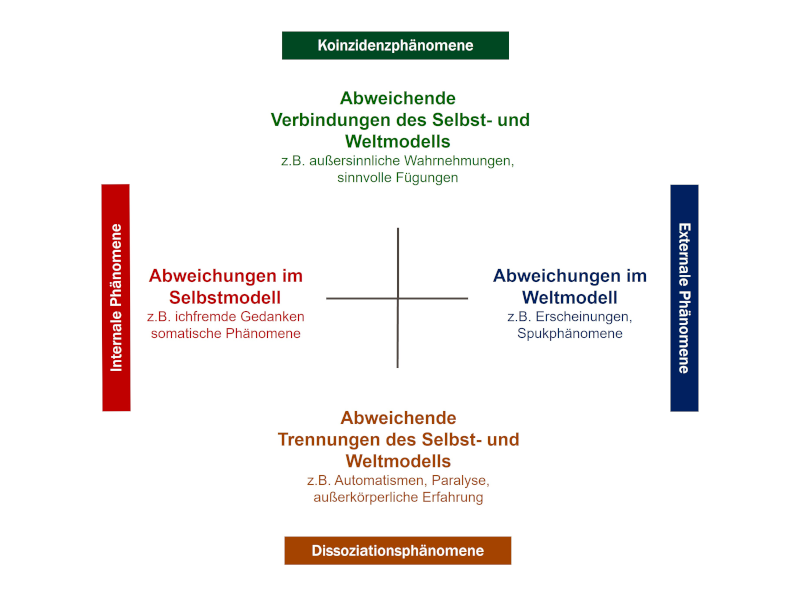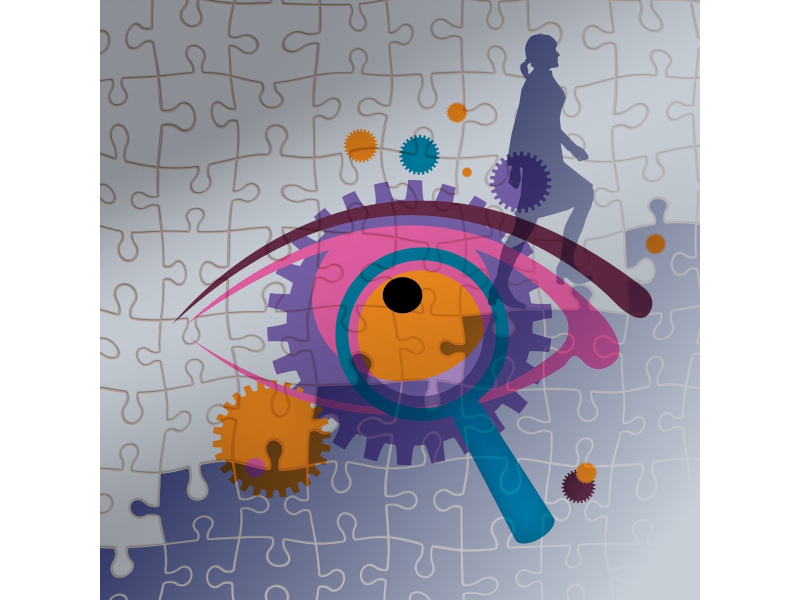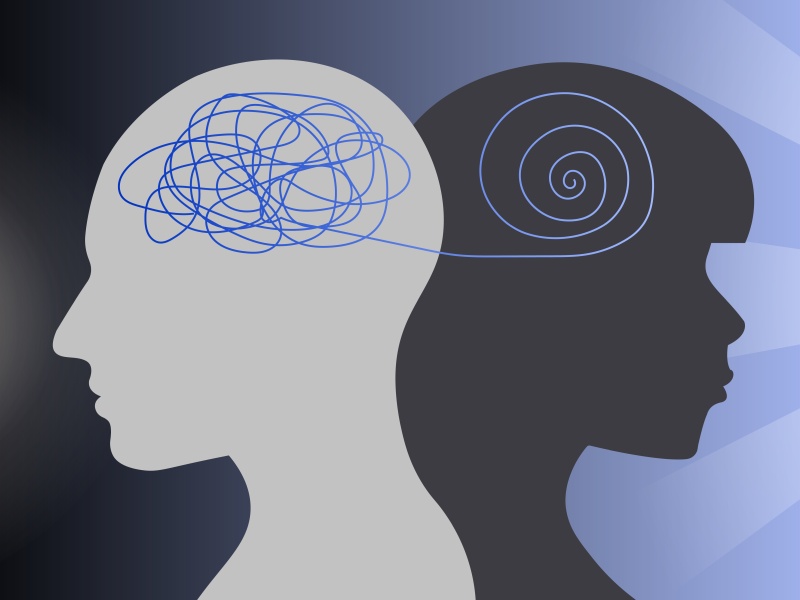Exceptional experiences (ExE) often occur in critical life situations. They can be perceived as positive and enriching, but also as confusing or frightening.
More than three quarters of those seeking advice from IGPP due to stressful ExE also suffer from social, health or mental health problems. Although there are undoubtedly correlations between ExE and mental disorders, ExE and clinical symptoms should by no means be equated. The risk of developing a mental disorder at least once in a lifetime is between 30 and 50 percent in European countries.
In representative surveys, around half of the German population report at least one ExE, meaning that overlaps between mental disorders and ExE are likely.
It can be assumed that there are complex interactions that have not yet been understood. If the view is not narrowed down to a symptom-oriented perspective, it becomes clear that ExE “make sense” against the background of the biography and life situation of those affected and fulfill important functions for their self-regulation. Clinical parapsychology deals with these interrelationships and aims to integrate findings from scientific parapsychology into psychological care. Research-based and empirically substantiated approaches and concepts for counseling and therapy for people who feel burdened by ExE are developed without adherence to any specific worldview.



